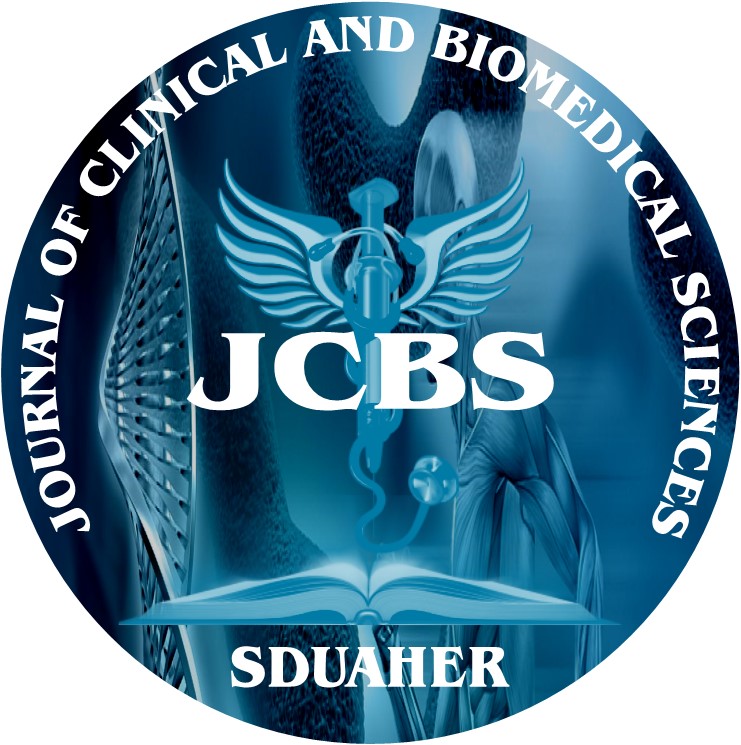


Journal of Clinical and Biomedical Sciences
Year: 2016, Volume: 6, Issue: 2, Pages: 50-53
Original Article
Bharathi N
Specialist, Department of Anaesthesia, ESICMH, Bengaluru, Karnataka, India
*Corresponding Author
E-mail: [email protected]
Background: Malnutrition in hospitalized elderly patients is common and often unrecognized. Undernourished elderly tend to have longer periods of illness, longer hospital stay, higher rate of infections, delayed wound healing, reduced appetite and increased mortality rates. Nutrition screening is the first step in identifying individuals at nutritional risk and with malnutrition. ‘Mini Nutritional Assessment’ (MNA) screening tool has been used in different settings to screen elderly for risk of nutrition deficiency. The MNA is an 18-item tool comprising anthropometric measurements combined with a questionnaire regarding die-tary intake, a global assessment and a self-assessment. Aims: This purpose of the study among the elderly patients admitted for urological surgery is to find those who are malnourished and at risk for malnutrition. Materials and methods: The study is carried out at a public referral hospital for nephro-urological condi-tions on patients aged 60 yrs and above who were admitted for urological surgery. Patients were screened on admission by MNA screening tool and identified as having adequate nutrition status (MNA score >23.5), at nutritional risk (17- 23.5) and with malnutrition (score <17). Results: The mean age of the 120 elderly patients studied was 65.4 ± 5.3 yrs and the mean BMI was 19.4 ± 2.17. Of them 7.5% were found to be mal-nourished and 52.5% were at risk of malnutrition. Conclusions: The findings highlight the need for routine nutritional screening of hospitalized elderly surgical patients and for a nutrition intervention for the mal-nourished and to those at risk for malnutrition.
Keywords: elderly, urological surgery, MNA, nutrition assessment, geriatric.
Subscribe now for latest articles and news.